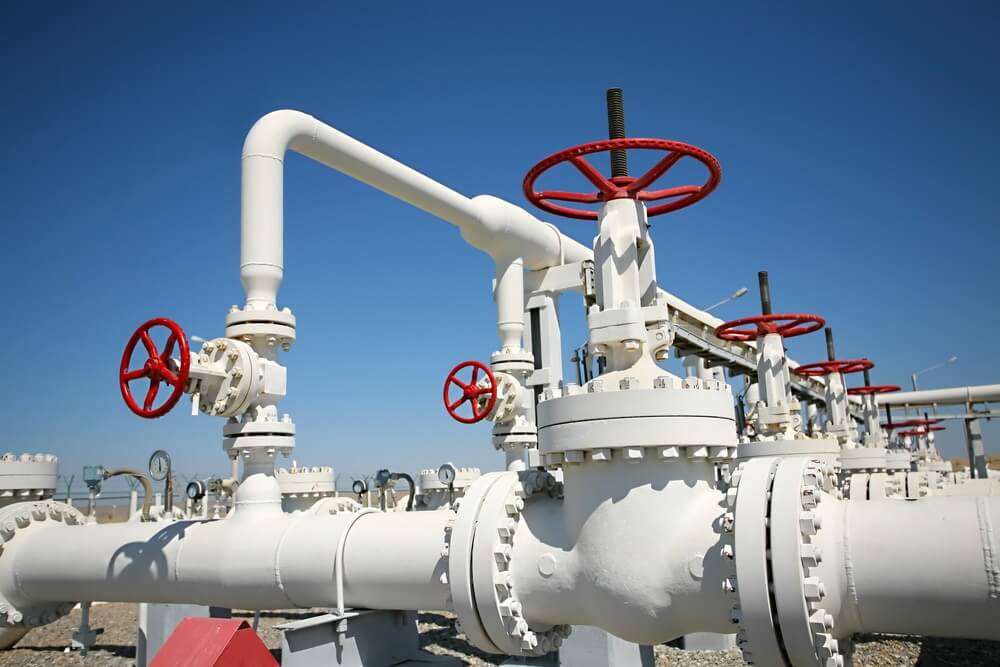
Oil And Gas Will Remain The Leading Sources Of Energy
In the ever-changing energy landscape, the Oil and Gas Authority (OGA) emerges as a key player in facilitating a smooth transition towards a sustainable future. As industries grapple with the challenges of reducing carbon emissions and embracing renewable energy sources, the OGA serves as a guiding force, ensuring a balanced and efficient transition while addressing critical concerns. This article explores the crucial role of the OGA in shaping the future of the oil and gas industry and highlights its impact on oil and gas jobs, green gas, and business gas prices.
Global investment in clean energy is on the rise and is poised to reach an impressive $1.7 trillion in 2023. This surge in funding signifies the growing recognition and commitment to transition towards a sustainable and renewable energy future. As nations and industries prioritise decarbonisation efforts, clean energy initiatives are gaining traction worldwide.
Revolutionising the Workforce: Oil-Gas Jobs in Transition
As the energy sector undergoes a rapid transformation, the demand for skilled professionals also changes. The OGA plays a vital role in facilitating a smooth transition for oil and gas jobs, supporting the industry’s workforce and enabling a sustainable future. By encouraging reskilling and upskilling programs, the OGA ensures that workers can adapt to the changing energy landscape, opening new avenues for employment and reducing the potential impact of job losses. Through partnerships with industry stakeholders, the OGA provides necessary resources and training initiatives, equipping workers with the skills required for a greener and more sustainable energy sector.
Moreover, the OPEC+ alliance, consisting of the Organization of the Petroleum Exporting Countries (OPEC) and its non-OPEC allies, plays a crucial role in managing oil supply. The alliance’s decisions regarding production levels have a direct impact on global oil prices. However, recent uncertainties surrounding OPEC+ policies have added to market volatility. The delicate balancing act between maintaining stable prices and ensuring adequate supply presents a significant challenge for the alliance, further fueling supply concerns.
Pioneering Green Gas Initiatives: The Quest for Sustainability
While renewable energy sources gain momentum, natural gas continues to play a significant role in the global energy mix. The OGA recognises the importance of balancing economic growth with environmental considerations. With a focus on new gas supply, the authority collaborates with industry players to identify and develop environmentally friendly gas sources, ensuring a sustainable and low-carbon future. By promoting the extraction of gas with reduced emissions and investing in cutting-edge technologies, the OGA paves the way for a greener gas sector, reducing the industry’s carbon footprint while meeting energy demands.
Additionally, the September delivery of Brent crude futures saw a slight uptick as the price rose by 30 cents or 0.4% to reach $74.81. Conversely, the less-traded front-month contract, which is set to expire soon, saw a slightly higher increase of 41 cents, reaching $74.75. However, despite these recent gains, the overall trend for Brent crude has been declining over the past three quarters, marking a fourth consecutive quarterly decline.

The Path to Affordable Business Gas Prices
Balancing environmental goals with economic realities is a delicate task. The OGA recognizes the need for stable and competitive business gas prices to support industry growth while ensuring a sustainable energy future. Through its regulatory oversight and market expertise, the OGA collaborates with industry stakeholders to establish fair pricing mechanisms that enable businesses to thrive. By fostering healthy competition and implementing transparent pricing policies, the authority contributes to a stable business environment, supporting economic growth and ensuring affordable access to gas for all stakeholders.
While the oil market experiences short-term volatility, the long-term trend indicates a gradual shift towards a more diversified and sustainable energy mix. Governments, corporations, and investors worldwide are acknowledging the imperative of clean energy and investing heavily in its development. This transition represents a significant opportunity for innovation, job creation, and environmental stewardship.
As clean energy continues to gain momentum and investment, it is expected to play an increasingly prominent role in global energy consumption. The rise of renewable energy sources, coupled with advancements in energy storage and grid technologies, will pave the way for a cleaner, greener, and more resilient energy future.
The Vital Role of the Oil and Gas Authority in Driving a Sustainable Energy Transition
In a time when the energy transition is lagging behind, the role of the Oil and Gas Authority becomes even more vital. By steering the industry towards a sustainable future, the OGA facilitates the evolution of oil and gas jobs, promotes the development of green gas, and ensures fair business gas prices. As the energy landscape continues to transform, the authority’s commitment to innovation, collaboration, and environmental stewardship sets the stage for a harmonious transition. Through its strategic initiatives, the OGA is a driving force behind a resilient and prosperous energy industry that embraces both environmental responsibility and economic growth.
Brent crude oil is poised to achieve its first monthly gain this year, fueled by mounting concerns over global supply shortages. The commodity market has been closely watching the oil industry as it grapples with various challenges, including production disruptions and geopolitical tensions. As a result, Brent crude oil prices have experienced significant fluctuations, impacting both investors and consumers alike.




